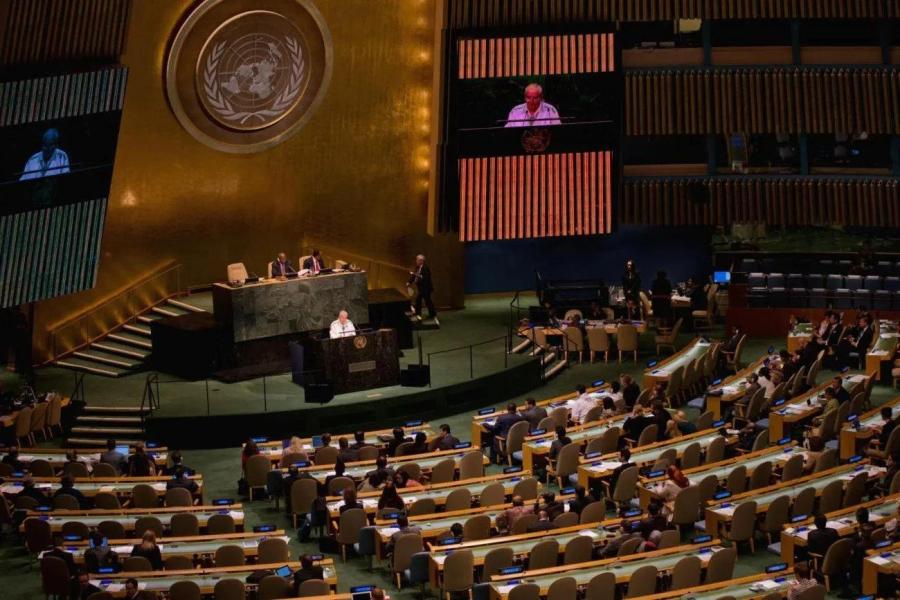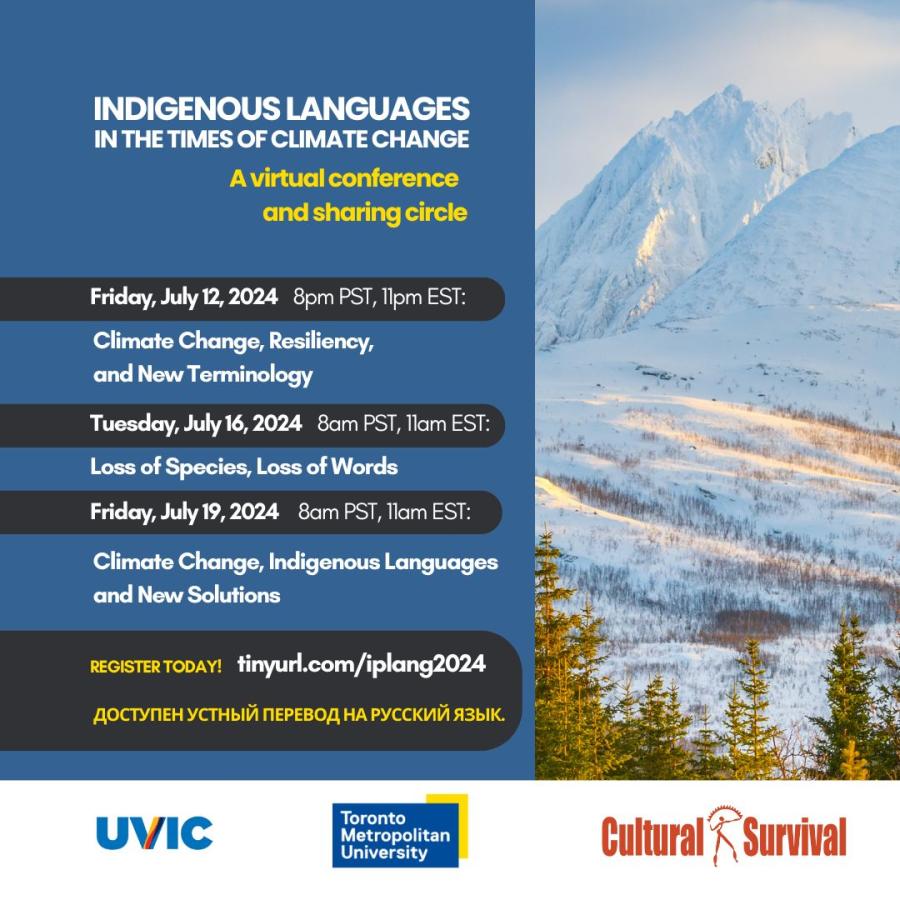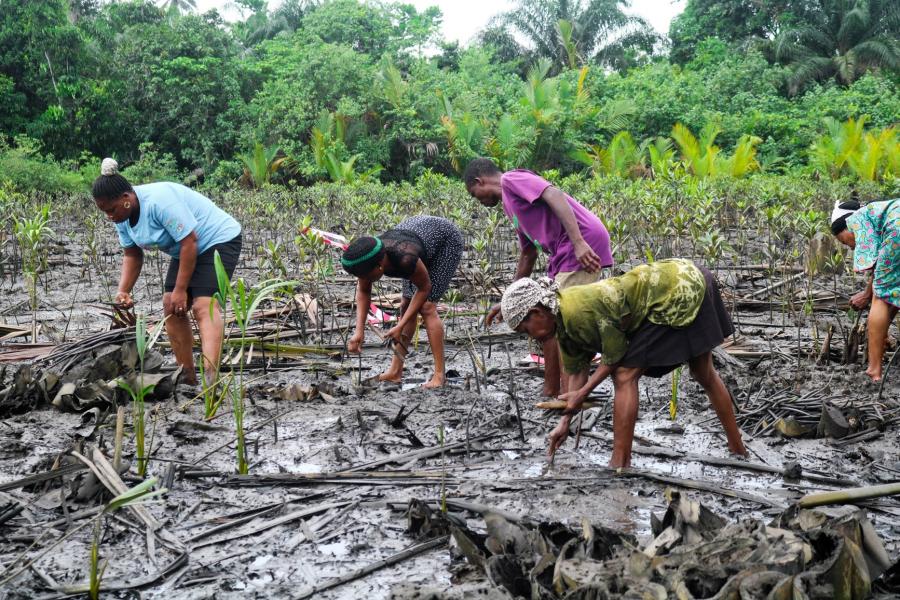Anna L. Peterson
University of California Press, 2001
ISBN 0 520 22655 0 (Paperback)
The underlying theme of Being Human: Ethics, Environment, and Our Place in the World is that a population explosion and the mismanagement of finite resources are soon to impact us all in dramatic fashion, and that nothing short of a new religion -- one beyond the "living earth" Gaia hypothesis -- offers hope of salvation. One of the book's aims is to demonstrate the supposed coincidence of indigenous peoples' worldviews and the work of bioregionalists like Wes Jackson, who believe that we must all become native to a place, developing sacred ties to the land and new mythologies of place in order to save the planet.
Being Human is a valuable compendium on this timely and vital topic. Author Anna Peterson is not afraid to ask big questions. In her introduction, she argues that human beings are between stories -- stories that define humanity and humanity's links to the planet. Uncertainty rules, and, as a consequence, humankind is in grave danger. Quoting Berry's Dream of the Earth, Peterson says: "The old story, the account of how the world came to be and how we fit into it, is no longer effective. Yet we have not learned the new story." Traditional Christian and Jewish narratives provided a meaningful framework in the West for a long period but are now dysfunctional. "We require a different narrative that offers the meaning and guidance that religion previously supplied." Peterson asks: "Where are the stories and what is going to make us believe them?" This question becomes the framework for the explorations within the text of what it means to be human in Christian belief, in Buddhism, and in various indigenous religions (the Navaho or Diné of Arizona and the Koyukon of Alaska, for example). Feminist/ecofeminist, environmentalist, bioregionalist, sociobiological, and social constructivist views about the implied or actual nature of our attachments to the land are also examined.
While the book reads like a doctoral thesis, the canvas is richly detailed and substantial in proportion. Critical analysis of mainstream religious traditions and understandings of what it means to be human -- as well as alternatives to these perspectives -- lead the author to propose an "ethical anthropology" to parallel the established field of theological anthropology. The latter explores the relation between ideas of human nature and ideas of God, while the former examines how ideas of nature and humanity are bound together in ways that shape the foundations of cultures. Peterson's main point is that the construction of a compelling, coherent environmental ethic will require revising our dominant ideas not only about nature but also about what it means to be human.
Peterson updates the nature (genes and biology) versus nurture (learning and socialization) debate, and many pages are devoted to the academic battles between key players like the constructivists and the universalists. Social constructivist Clifford Geertz, for example, believes that there is no such thing as human nature independent of culture, and that humans are unable to develop or survive in isolation from public symbol systems. Sociobiologist and Social Darwinist Edward O. Wilson attempts to build on this foundation by suggesting that science does not necessarily replace the human need for myth and story. He advances the view that evolution is a sacred narrative -- a sort of religious cosmology of the type so lacking in today's world.
While Peterson deconstructs Social Darwinism, examining its consequences in terms of affirming Enlightenment ideas of a universal human nature separate from culture (a view that led to the oppression of peoples who did not conform), she is unfamiliar with the larger picture as far as indigenous peoples are concerned. Peterson essentializes indigenous value systems, beliefs, and knowledge, and portrays indigenous peoples' religions as contrary to the values and attitudes of other world religions. Such a stance ignores the fact that a significant number of indigenous peoples converted, either voluntarily or under duress, to these religions many generations ago. The extended references to Christianity in the text, and hints of the author's preferred solutions -- products of Christian theology -- to the big questions detract somewhat from the overall argument. But the book's greatest flaw is Peterson's failure to examine indigenous Christian, Buddhist, and Islamic traditions. In these are to be found examples of how the old dysfunctional meta-worldviews have been "indigenized" and transformed into ethical frameworks in which nature and humanity are intertwined and linked to specific territories.
The author's essentialist position tends to reinforce the "survival of the fittest" mindset. While not explicitly saying so in the text, she nevertheless proposes that despite the atrocities committed in the colonial and postcolonial periods, indigenous peoples have survived and thus are "the fittest" members of the human species. The world's dominant cultures, on the other hand, are basically unfit; modern lifestyles are unsustainable and environmentally destructive. To survive, the world must now emulate all things indigenous and learn from their lifeways and belief systems. Unfortunately, Peterson overlooks the drastic situation and miserable plight of so many of the world's indigenous peoples. The whole-scale usurpation of indigenous knowledge and practice by pharmaceutical companies, New Agers, novelists, and artisans is already underway, to the detriment of First Nations. An ethical anthropology would surely prioritize the rights of indigenous peoples to their lands, cultures, and intellectual property. For indigenous peoples, already well known are ideas of how nature and humanity are bound together in ways that shape the foundations of their cultures. For anthropologists as well, this is basic -- no great revelation.
Article copyright Cultural Survival, Inc.



